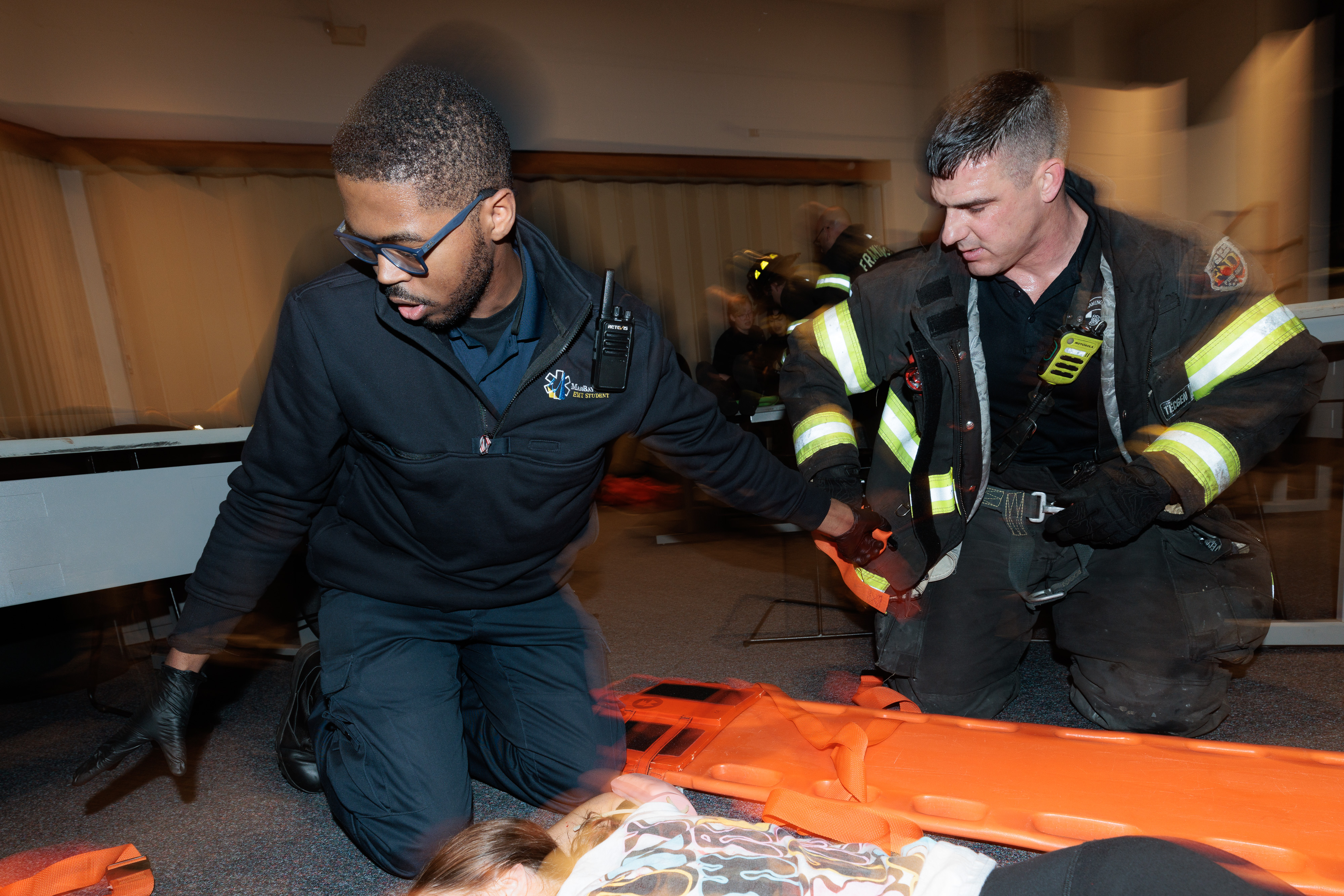Paramedicine
The Paramedicine certificate prepares students for careers in Emergency Medical Services as Paramedics in the fire service, private agencies, hospitals, and other settings in private and public service areas upon completion of coursework and national certification exams for Paramedics. The curriculum combines didactic, laboratory, clinical, and prehospital field rotations to provide students with the required skills to prepare for certification and practice.
